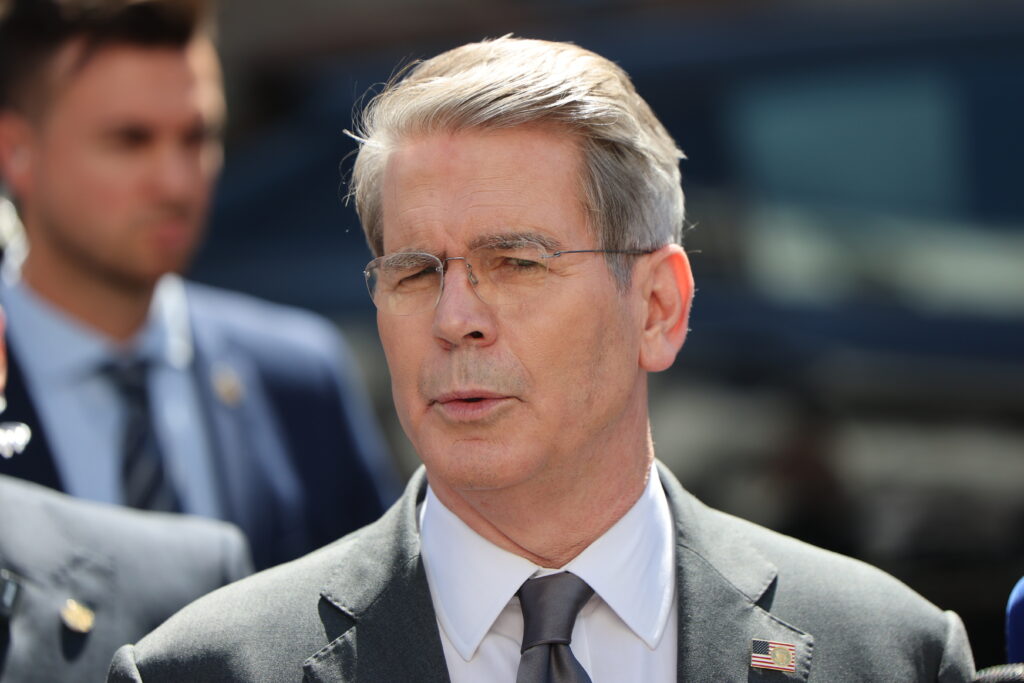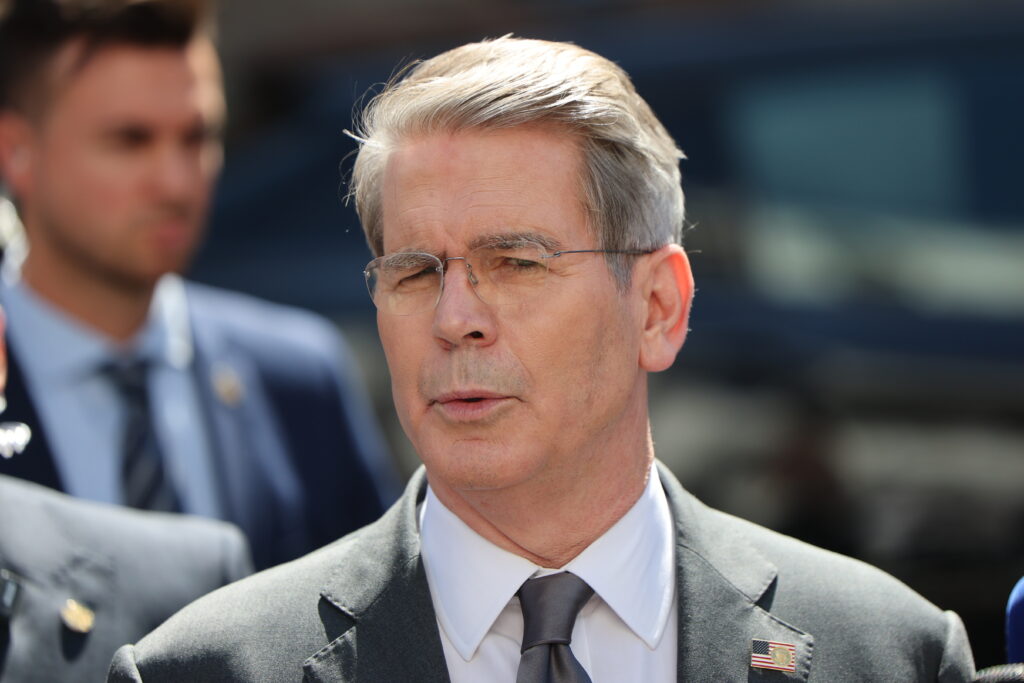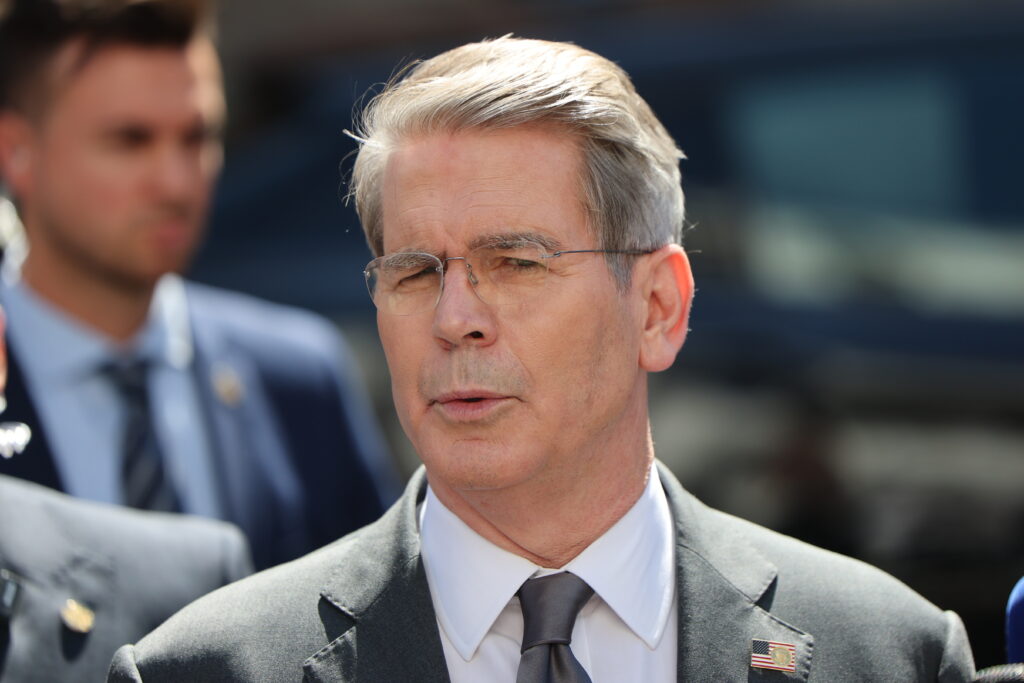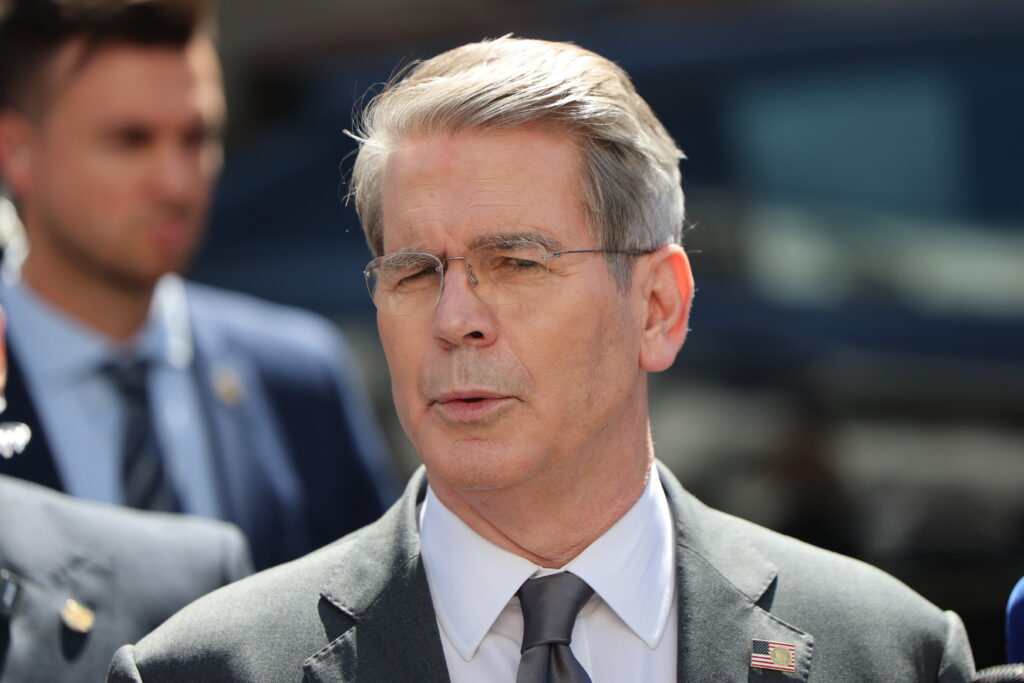‘With our fists if necessary’: Venezuelans prepare to defend homeland against potential US invasion
They are men and women, students and retirees.By the thousands, Venezuelans from different walks of life have responded to President Nicolas Maduro’s call to join militia training to “defend the homeland” against a feared US invasion.Over the weekend, they swarmed to training camps, where they learned to handle and shoot guns to the backdrop of anti-American rhetoric and as US warships loomed off the coast.If the Americans “come with their war machines … we will greet them with lead,” Pedro Arias, a 62-year-old volunteer in Caracas, told AFP on Saturday.Maduro, whose last two re-elections Washington does not recognize, and who it accuses of being a drug lord, has warned of a US “threat” amid the biggest American naval buildup in the Caribbean in years.US forces blew up an alleged drug boat in the Caribbean earlier this month, killing 11 people, and on Saturday, Caracas said US forces had detained a fishing boat for eight hours in its exclusive economic zone.As tensions build, Maduro has massed troops along the Caribbean coast and the Colombian border.He has also urged Venezuelans to join the militia, a civilian outfit linked to the armed forces.At the Fuerte Tiuna military complex in Caracas, volunteers were dropped off in cars and buses over the weekend for training.Some wore sports clothes, others replica military dress. Many of the recruits displayed logos of groups they belong to: the national electricity company, “socialist bikers,” and public television. An elderly man in camouflage gear supported himself with a walker.”To defend ourselves against the gringos,” 16-year-old Victoria, a member of the pro-government political movement “Futuro,” told AFP about her decision to join training with a group of friends.”With our fists if necessary,” her companion Maikel, 20, added. Neither wanted to give their full names.- ‘We are ready!’ -At the shooting range, a tank inscribed with “Independence or Nothing” greeted the volunteer fighters, and an officer sought to pump up the recruits.”I need committed people ready to take up the rifle and face our enemies,” he shouted.”You are here to receive military training. This won’t be a war like the ‘guarimbas’ (street protests). It won’t be stones and pistols” but “weapons of war!” The officer was referring to the street blockades and demonstrations that followed Maduro’s disputed reelection to a third term last year, and left about 30 people dead in clashes with the security forces and militia members.Across town, at the Cuartel de la Montana 4F — a military site that houses the mausoleum of late President Hugo Chavez — dozens more Venezuelans turned up for courses.Besides learning to handle AK-47 assault rifles and pistols, they were also schooled on the US invasion of Panama in 1989/90.”I have come to receive training. To learn about weapons, about tactics to defend my country,” said Jenny Rojas, a 54-year-old lawyer who works for a pro-government foundation.”If they (the United States) try to attack the homeland, the entire population will defend it!” she added.According to specialized military publications, Venezuela’s militia numbers about 212,000, in addition to some 123,000 professional soldiers.”Any person is capable of using a weapon,” instructor Oviedo Godoy told AFP at the 4F barracks.”If the Americans come, the people will be ready. We are ready! We are trained!” he added.









